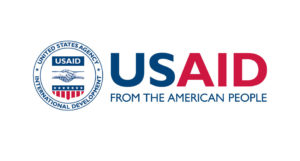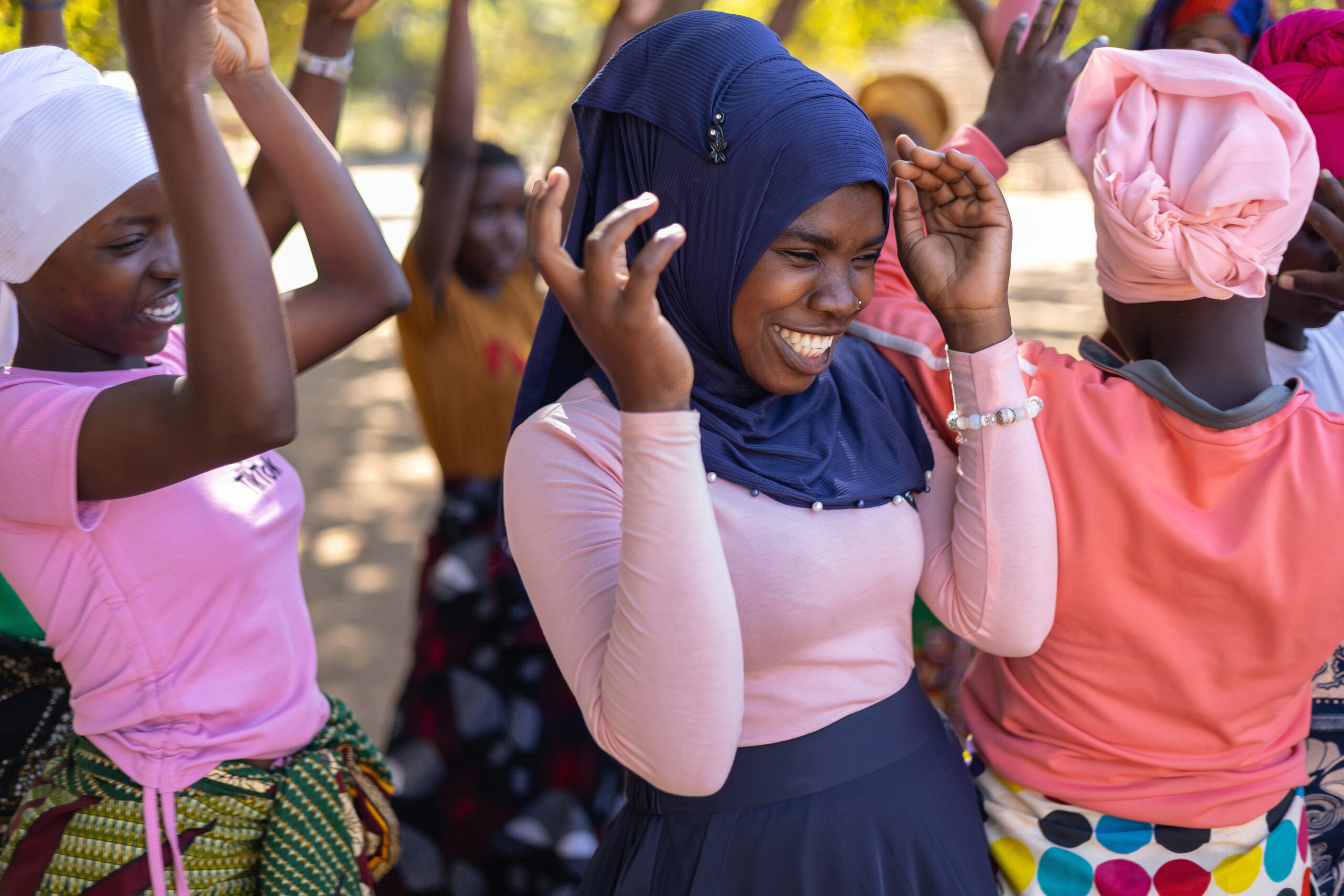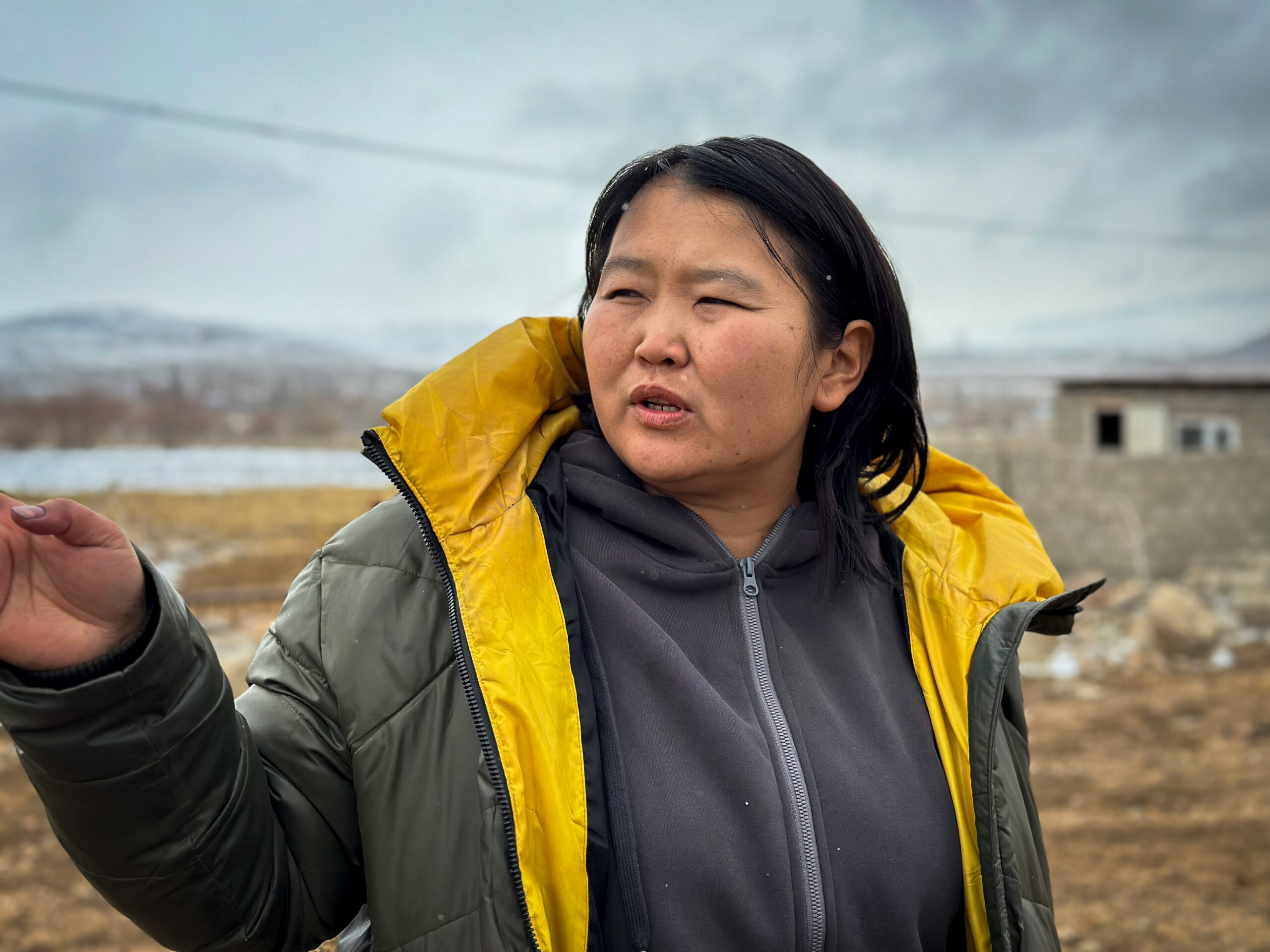Women around the world are struggling with the additional pressures of the COVID-19 pandemic – from the demands of home-schooling, to feeding families on reduced incomes, or even an increase in gender-based violence in some of the worst cases.
Many of these women, especially in developing countries, were already struggling due to poverty in their countries and insufficient employment or income generating opportunities. The pandemic has only served to exacerbate their already challenging circumstances.
The problem of female unemployment has an even greater impact than simply on the woman herself. Research conducted by the World Bank, UNICEF and others, indicates the positive effect that an employed mother or one able to earn a living has on the overall well-being of her children and the entire family. Support for women’s economic opportunities is therefore inextricably linked to the positive life trajectories of young children.
On this International Women’s Day, we want to highlight the resilience and potential of women in the Kyrgyz Republic to support the well-being of their families through income generating employment, that also supports the communities’ youngest children.
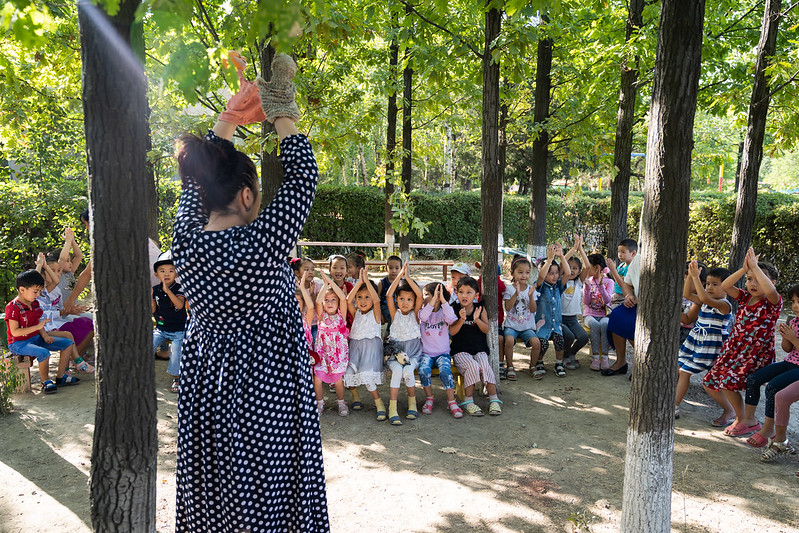
After Aida’s children grew up and left home, she was determined to make a difference. She decided to open a Kindergarten and so she repurposed her house to create one. She explained how challenging the process has been: “I struggled to receive a license since the centre did not have a library area where children could access literature. I have been running the centre for the past ten years and still not made any profits.”
Unemployment and inability to earn sufficient income, especially among women, is high in the former Soviet state. Among those registered as unemployed, 51% are women. This figure does not include women who are not registered, thereby making overall unemployment of women in the country likely to be much higher. Even when women like Aida are in a position to start Kindergartens or pre-school businesses, they often struggle to make profits.
At the same time, access to Early Childhood Development (ECD) services, and particularly pre-primary education services for children 2-6 years, is around 21% nationally. The vast majority of ECD centres are in urban areas, leaving semi-urban and rural areas with very little access to these services.
“Research indicates the positive impact that an employed mother or one able to earn a living has on the overall well-being of her children and the entire family.”
Gulmira, a mother from Osh, wanted to enroll her child in an ECD centre (also considered a Kindergarten), but could not find any suitable or nearby. Whilst state Kindergartens are desirable to families, they have very limited spots, so she enrolled her child in a private ECD centre. However, the private centres cost money and according to Gulmira, lack sufficient quality. “I do not notice any improvement in quality from private schools when compared with public schools.” Gulmira said. “In fact, public kindergartens often have better facilities, and better quality and quantity of food and toys.”
The lack of sufficient high-quality ECD services in the Kyrgyz Republic, combined with the lack of support for women who want to start private ECD centres, poses a significant challenge. Tackling this challenge could solve two problems at once. The country needs to create 530,000 additional Kindergarten places to meet Sustainable Development Goal 4.2 – ensuring that all girls and boys have access to quality early childhood development, care, and pre-primary education so that they are ready for primary education. This would also generate 120,000 new jobs, of which the majority would go to women as they currently make up to 90% of ECD staff.
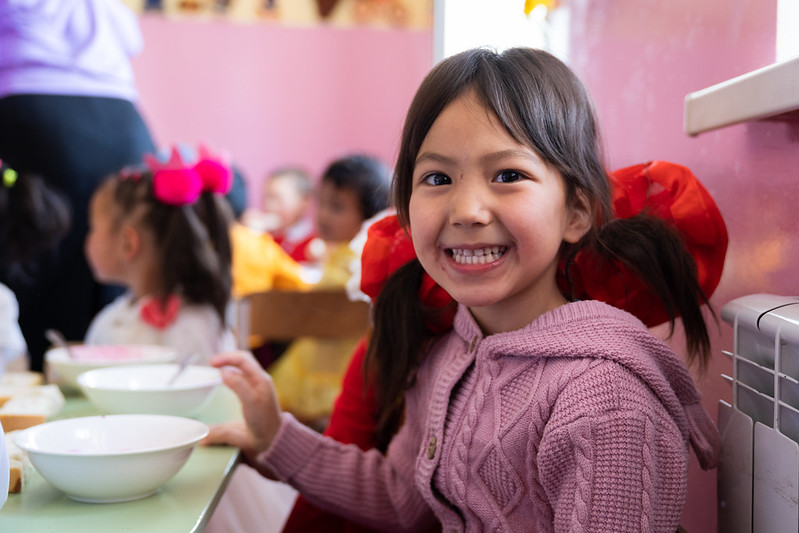
Building on recent research done by the University of Central Asia and Accelerate Prosperity Kyrgyzstan, and numerous interviews with stakeholders, the team led an ideation and prototyping process. They leveraged current understanding of the problem about ECD services and women’s engagement in the workforce by connecting with women like Gulmira and Aida, enabling them to answer the question: “How might we increase opportunities for women to become entrepreneurs or obtain employment in ECD sector while also ensuring families can provide adequate support to their youngest children?”
Using the principles of Human-Centred Design – which puts women like Aida, Gulmira and other key stakeholders, such as the Ministry of Education and Science and community members, at the centre of any programme design – the process resulted in the creation of the Baktyluu Bala or “Happy Child” Initiative.
This initiative, through United States Agency for International Development (USAID) and AKF’s Local Impact partnership in Central Asia, will focus on semi-urban areas of the country (Osh, Batken, Jalalabad, and Naryn).

The Bala or “Happy Child” initiative aims to:
- Strengthen women’s ability to successfully run ECD centre businesses
- Increase access to quality ECD services in semi-urban areas of Kyrgyz Republic
This will be done through a three-pronged approach: developing an ECD Startup Kit for existing and future female entrepreneurs; building the ECD and business skills of female entrepreneurs; and facilitating community support of female entrepreneurs who can help them continue developing their business. The core solution being explored is to work closely with the existing Association of Private ECD Centres (based in Bishkek) to achieve these goals.
On this International Women’s Day, the Aga Khan Foundation celebrates women – both budding entrepreneurs and mothers as they seek the best opportunities for their children and families – and #ChoosesToChallenge the structures that have prevented them from fulfilling their potential, as well as negatively impacted future generations. It is essential that women are at the table to both identify the problem and develop the solution.
We look forward to updating you on how the ‘Happy Child’ initiative unfolds.
Local Impact: A Transformative New Partnership in Asia and Africa is an innovative partnership between AKF and USAID. The partnership is working to put communities at the centre of development by building the capacity of local citizens and institutions to develop new solutions to the challenges they identify. Currently, Local Impact is active in Afghanistan, the Kyrgyz Republic, and Tajikistan, and focuses on increasing economic growth, improving access to basic services, strengthening local communities and civic institutions, and promoting inclusion and social cohesion.
